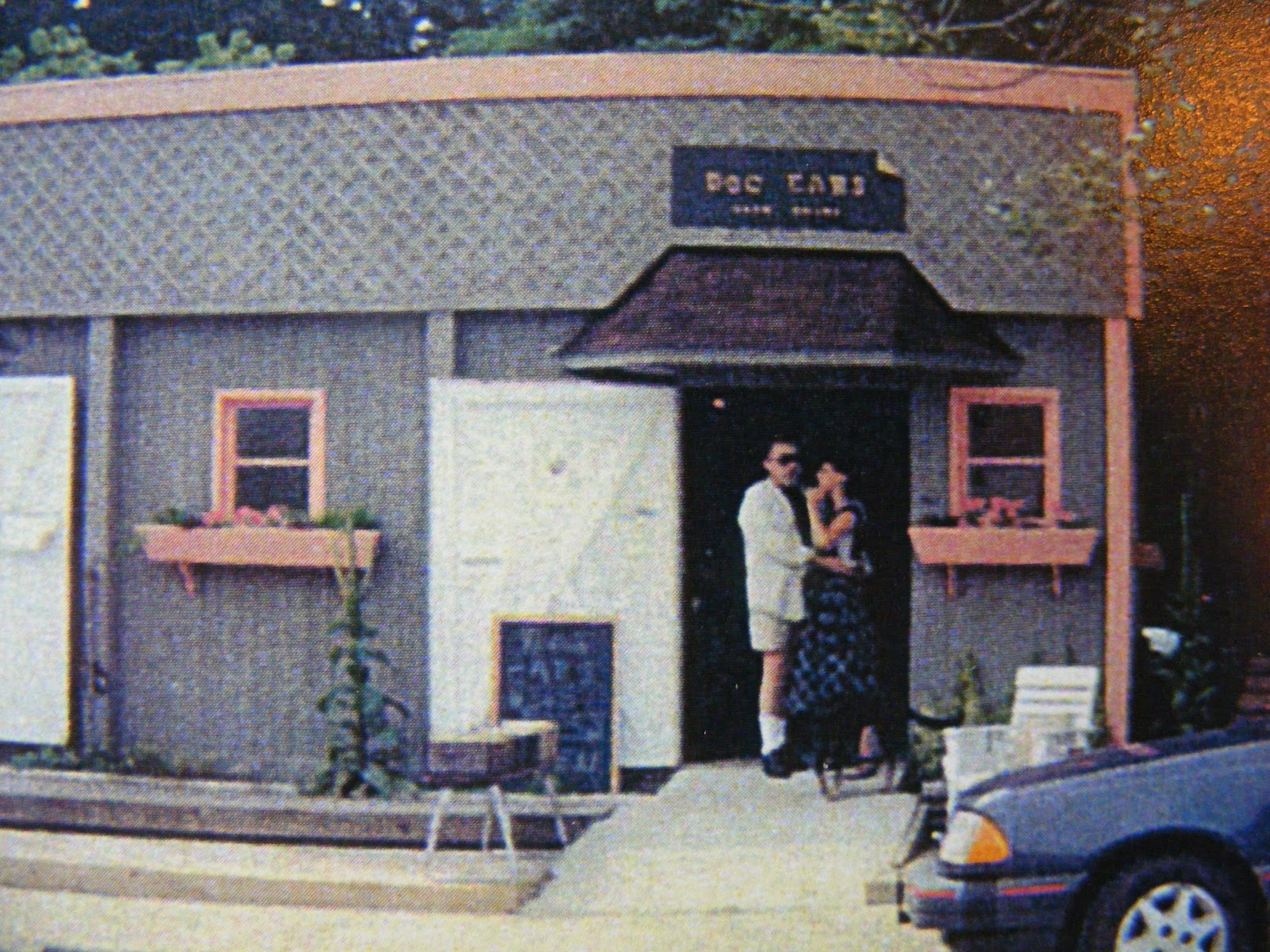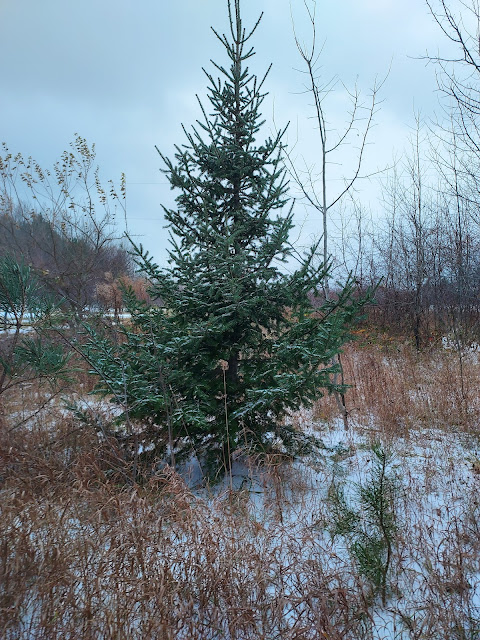Home, as the old words say, is where the heart is. But where, then, is the heart?
- Willie Morris, “Coming On Back”
Two unrelated events came together one morning to set my thoughts in motion on the subject of home. First was the serendipitous reading (serendipitous because the book arrived unexpectedly in a box from a friend bringing books to my shop for trade credit) of Willie Morris’s Terrains of the Heart and Other Essays on Home. Morris’s home was Yazoo, Mississippi. In the first essay, “Coming On Back,” he recounts a conversation shared with him by a fellow Ole Miss graduate who realized, in a brief conversation with a Harvard man, that “not all Americans are from somewhere.” Not all Americans, that is, locate their personal identity in their old high school or a cemetery that holds several generations of their ancestors. Willie Morris was definitely from Mississippi, as Albert Murray was just as definitely from Alabama.
I have a harder time answering the question, “Where are you from?” My father was born in Columbus, Ohio, and stayed long enough to earn a degree in civil engineering at Ohio State University before going off to World War II, while my mother, born in Los Angeles, was given a strangely peripatetic childhood that ranged as far east as Connecticut before her mother and stepfather finally settled down on the semirural edge of Springfield, Ohio. My parents met after the war, there in Ohio, but their first home was in South Dakota, where I was born but lived less than three years, after which I grew up in Illinois, impatient to leave the prairie of my childhood and adolescence for something more exciting -- when very young, the setting sun beyond the farm fields and a cowgirl life; later, breaking into theatre in New York. Ah, the dreams of childhood and youth!
The first place that ever felt as if it could be a permanent home for me was Kalamazoo, Michigan. Although my family had no history in Kalamazoo, I made in that town what felt like a full life. But then, with the intention of being gone only two years -- long enough to earn a master’s degree and return qualified for a better job at Western Michigan University -- I left, and somehow, once launched into graduate school I absorbed from those around me (faculty and fellow graduate students) the expectation that I would go on for a Ph.D., with the result that, while visiting many times since that open-ended leaving, I have never since lived in Kalamazoo.
Kalamazoo, for years, was home. Then it wasn’t.
Years ago, when the Artist and I were still living in Leland, I wrote to a friend that we would probably have the same post office box there for the rest of our lives, but when we moved a few miles north to live in the country and established our business presences in Northport, it only made sense to change our mailing address to Northport, too. “How long have you lived in Northport?” people sometimes ask. I have never lived in Northport. I live in Leelanau Township, surrounded by hills and woods and orchards. I do, however, spend day after day in my bookshop in Northport, and after so many years the shop is my second home.
 |
| Original Dog Ears, the little shed on Waukazoo Street |
 |
| Back on Waukazoo Street in a larger, warmer space |
But that brings me back to the original question. Where is the heart at home?
“Behold, thou poor Soul in thy Bath of Thorns, where is thy Home? Art thou at home in this World?”
- Jacob Boehme, quoted by Ben Ehrenreich in Desert Notebooks
My truth is that I was at home with the Artist, wherever we were, and when we were apart I was homesick.
We were at home in Room 11 of the Superior Hotel, a corner room across from the hotel’s two bathrooms (one with a shower whose trickling stream took forever to get hot or even warmish), a room from which we could look down on the main commercial street of Grand Marais and see townspeople coming and going to the bank, to the hardware store, to the post office.
We were at home in our rented cabin in Cochise County, Arizona, where the front door looked out on the two-lane highway below and the ghost town straggled from one end to the other with very little traffic other than wandering cows and the occasional roadrunner, back door looking north up the Philadelphia Wash to the southern of the two peaks of the Dos Cabezas that gave their name to the little range that always seemed, to me, like the tail of the giant Chiricahua lizard down the road. That cabin was so small that the Artist used to tell people we were “living in each other’s pockets” during our months there.
It was easier even than that. We were at home in whatever car or van we might happen to be driving, whether on a simple “county cruise” or up into Canada or down to the Gulf Coast or up along the Mississippi River or west to Arizona, with whatever dog we had at the time as our mascot, sharing cups of gas station coffee along the miles. And we were at home in each motel room along the way, always looking around at the antiseptic walls with their sterile furniture store artwork and discussing the ways we would rearrange and furnish and decorate and cozy up the room if we had to live there for some undetermined length of time and call it home. Because we could have. Together, we could have.
And so the farmhouse, our dream come true, with all its quirks and imperfections, all its “issues” and many unmet needs, because (though not the home of our ancestors) it held our life together for two decades, continues now to be my home, one I never want to leave. Yet at the same time I am often homesick there because of his absence. Our years together were a long conversation to which the two of brought our loftiest dreams, our most childish silliness, our pettiest of irritations and most joyous exclamations and occasionally (more rarely, I’m happy to say) our deepest fears. The abrupt ending of that conversation has brought in its wake a reverberating stillness to the rooms I now inhabit without him.
In one of the many books I read about grief there was a sentence that resonated so fully with me that it seemed to say everything in one line, but since I’m not sure where the sentence occurred I’ll have to paraphrase it, and I apologize in advance for delivering it to you without the perfection of the original. I can only personalize it in hopes that that will restore some of the power: The Artist and I shared a private language, and I am now its only living speaker.
Anyone in a long relationship understands what this means. You have certain words that encapsulate an entire shared thought exploration, and you only have to utter one of those words aloud to share all over again everything you once said to each other on the subject. Or someone else in your presence voices another word or mentions a name, and your eyes flick to each other’s faces in silent recognition. You read each other’s thoughts. You care about the most mundane details of one another’s childhoods. “Tell me again….” The person you know most deeply is, for all that, always and forever an endless mystery to explore. So when that language and memory partner is gone, no one understands the significance of those words or shares the memory a name evokes or has the slightest interest in what snacks your family shared on Sunday evenings.
In The Library Book, by Susan Orlean, the author tells of a culture in which the death of an individual is expressed by saying “his library burned.” Like a library, a human being is – while alive and barring the ravages of dementia – a repository of memories. One of my friends, someone who also lost the love of his life (and we agree that “we are the lucky ones” to have had those loves), says he finds meaning now in being “her chief rememberer.” While the Artist is remembered and mourned by many, not only me, my own personal, nonphysical, admittedly ephemeral library, holding memories of our life together and all that he told me of his other lives before we met – that library is, as the pilot told the little prince of his rose, “unique au monde.”
Many of our days in and around the farmhouse were pedestrian and repetitious. Life is like that. There was grass to be mowed, trailers to be lined up onto hitches, tarps to be tied down, all kinds of things to be moved in and out of barns. “I need a hand here,” the Artist would say, and I would drop whatever I might have been doing to lend my hand to his task, and I remember one particular day when I was called to give directions while he backed up a vehicle to a trailer, and it burst upon me that this was my life and that it was just fine! Every square foot of land around my farmhouse, like every mile of county road, is saturated with memories of conversation and shared seeing and working, so if I could have one more day with him, it wouldn’t have to be in Paris or New York or discovering together the Painted Desert. It could be any ordinary day, beginning with “Is there any coffee?” There always was. Why did he ask? But now, I miss that old question.
At Thanksgiving dinner, everyone around the table was asked to say something for which they were thankful. So much! So, so much! But I had to say, meaning no slight to those hosting the beautiful dinner or my family and friends miles away, I am thankful for my memories. Grateful for the life I had – and the memories that keep those years alive for me now.
Often, when he wanted to hold hands, he would say, “Give me your paw.” And that was everything.
























